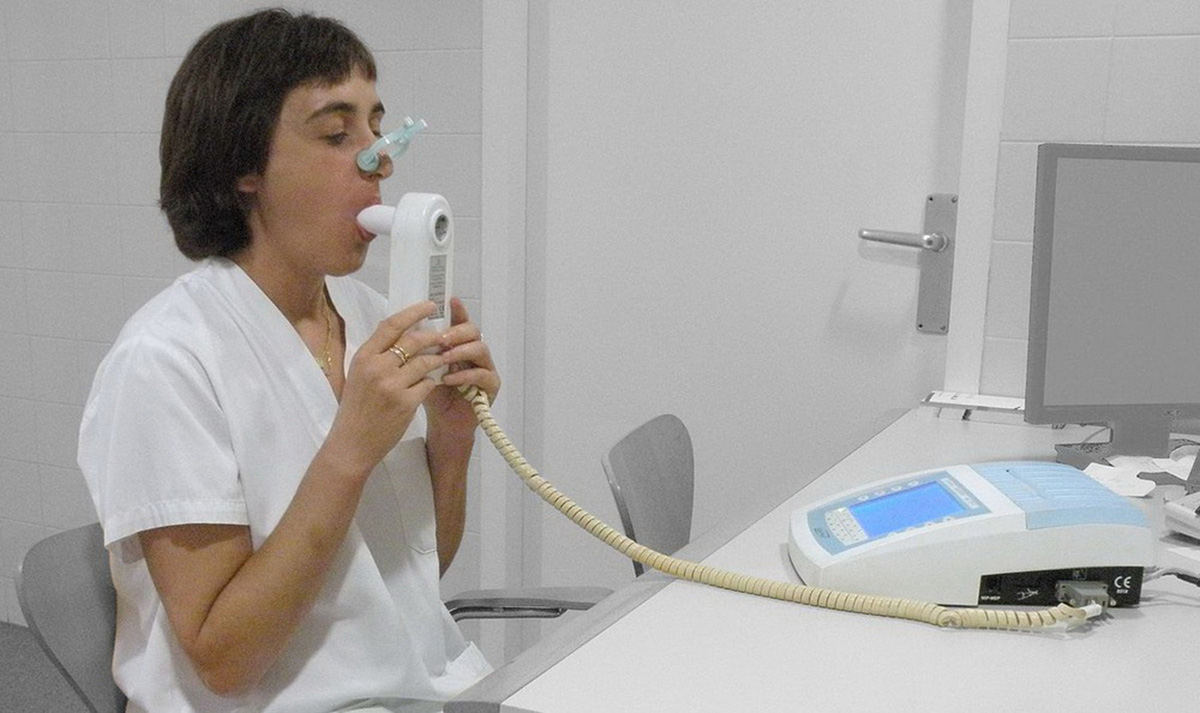Table of Contents
COPD is a chronic lung disorder, which can cause shortness of breath, increased mucus, coughing and wheezing. Although there is currently no cure for COPD, there are several ways the condition can be managed. COPD is most commonly caused by long-term cigarette smoking. Being around secondhand smoke can also lead to COPD. The small air sacs in the lungs can become damaged by smoking. The air sacs lose their elasticity and become overly inflated. When the air sacs are overstretched, it can be difficult to get air completely out of the lungs when you exhale and air in with you inhale.

If you or a loved one has COPD, you know how quickly a flare-up can develop. But what you may not know is there are several things you can do in order to take control of your health and decrease the chances of a COPD exacerbation.
Take Control of Your COPD
You need to have a doctor you trust and who can help you manage your condition. Although your doctor is a guide, you also play a large role in maintaining your health. If you see an internal medicine specialist or a doctor who specializes in family practice, consider asking for a referral to a pulmonologist. A pulmonologist is a doctor who has special training in treating respiratory diseases, such as COPD.
You also need to assess yourself daily. Determine if you are more breathless than usual, have increased mucus or fatigue. Do you have a poor appetite or increased coughing? Are you using your inhaler more often? Performing a self-assessment helps you determine what interventions you may need to do to control symptoms before they become worse. If you perform a self-assessment every day, it can help you start treatment at the first sign of symptoms.
A COPD action plan is a tool you and your doctor develop, which includes ways to prevent and manage symptoms. Different interventions and treatments will correspond with how you are feeling. Treatment plans may include using oxygen, taking medication and getting more rest.
Prevent COPD Symptoms
One of the most important things you can do in order to manage COPD, is prevent symptoms from developing in the first place. Fortunately, there are several ways you can decrease your chances of developing symptom flare-ups.
See Also: COPD Is Breathtaking. Literally.
Get your flu and pneumonia shot each year. Respiratory infections can make symptoms of COPD worse. In some cases, it can be difficult to determine what symptoms are due to infection and what symptoms are caused by COPD. But either way preventing lung infections, such as influenza and pneumonia, is essential for people with COPD.
Avoid being around substances, which irritate your lungs, such as cigarette smoke. If you smoke, talk to your doctor about quitting. Different methods are available including medication, smoking cessation classes and hypnotism, which may help you quit. Some people with COPD may also be sensitive to chemicals in some cleaners, perfumes and pesticides.
- Farzan, Sattar, MD, FACP, FCCP A Concise Handbook of Respiratory Diseases. Prentice Hall 1997
- Photo courtesy of Jmarchn by Wikimedia Commons : en.wikipedia.org/wiki/Chronic_obstructive_pulmonary_disease#mediaviewer/File:DoingSpirometry.JPG
- Photo courtesy of José Manuel Ríos Valiente by Flickr : www.flickr.com/photos/josemanuelerre/5370801264


Your thoughts on this